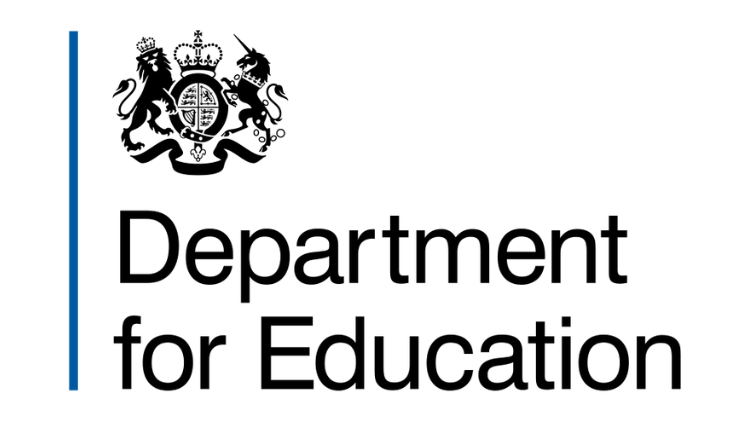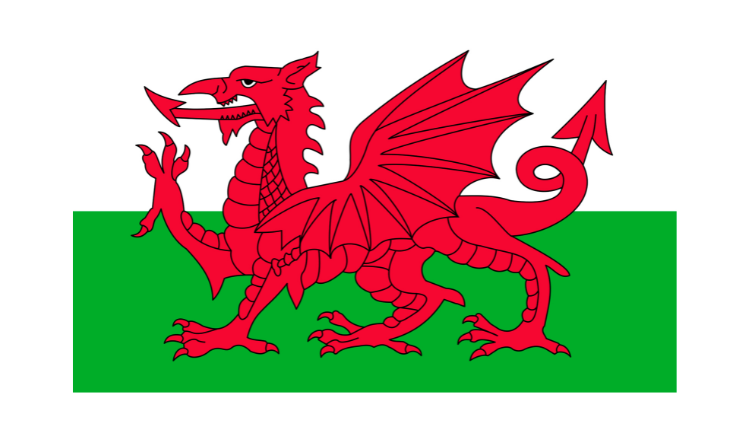What is the Department for Education proposing?
The Department for Education has asked for views on a proposal to change the indoor floor space requirements in the Early Years Foundation Stage (EYFS) statutory framework for providers in England. The DfE is proposing to include “free-flow outdoor areas” within floor space requirements for children over two, with the following definition:
“Free-flow outdoor areas may also be included in these measurements for children aged 2 years and above. For an area to be defined as ‘free-flow’, doors to the outdoor area must be open and the outdoor area accessible to children at all times. Children must have safe access in all weathers including having adequate shelter and shade. The area must be suitably equipped to meet the health, safety, wellbeing, learning and development needs of all children.”
These are the two options the DfE is considering:
- Include free-flow outdoor space in the EYFS space requirements (without a cap)
- include free-flow outdoor space in the EYFS space requirements (but with a cap on numbers to prevent overcrowding).
What is the aim of this proposal?
The aim is to meet the increasing demand for childcare places with the expansion to the funded entitlement offers for working families in England by September 2025. The DfE states that the current indoor space requirements is a barrier for providers in expanding their childcare provision. This proposal comes alongside “other initiatives” planned to help increase the number of childcare places on offer.
Coram PACEY’s position and what it means for childminders
After careful consideration of the proposals and engagement with our members, Coram PACEY has responded to the DfE’s consultation to raise concerns about the proposals, particularly in the context of childminding settings.
Below we have set out our key issues:
Issue 1: We are not confident this proposal prioritises safety, quality and wellbeing of children
The proposal aims to increase the number of children in early years settings to meet increasing demand from the expanded childcare offer for working families. Coram PACEY is not confident that the increasing the capacity of settings prioritises the safety and wellbeing of children and the quality of early years and childcare provision offered. It highlights the additional workforce pressures and financial pressures that many early years providers are facing.
“Quality goes hand in hand with smaller ratios. At a time when every early years setting has sustainability and keeping afloat in the back of their minds whilst trying to provide the highest standard of care and give our children the best start, the idea of increasing numbers of children in this manner is ridiculous.” – Childminder in Bournemouth
Whilst in theory, the proposal may work for some settings which have adequate outdoor spaces but are limited by indoor space requirements, children are not static and therefore this proposal could easily lead to overcrowding in instances where children do not wish to use the outdoor area at all times. The DfE’s proposal to put a cap on numbers would go some way to prevent this. However, from a childminder perspective, the majority of whom work alone and with mixed age groups, having children in outdoor and indoor areas and supervising them simultaneously would not be feasible, leading to safeguarding concerns.
“My outdoor space is not safe for outside play and if I made changes, it would not be free flow as my playroom is a separate room and children would need to go through the kitchen into my garden, I could not watch children in both areas.” – Childminder in Berkshire
Issue 2: This proposal will have very little positive impact for childminders
For most childminders, space is not the main factor constraining them from expanding their setting by offering more places for children. In a Coram PACEY survey of 236 childminders in July 2025, the majority of respondents said they’re currently full (90%) with half of these currently having a waiting list system in place.
Whilst 5% told us they’re actively looking to expand and 9% considering it in the future, the majority (over 80%) said they aren’t currently looking to expand. We asked what factors are preventing them from expanding their setting:
- I am already working at the maximum ratio requirements (43%)
- I do not wish to increase the number of children in the setting (42%)
- I do not want to employ a staff member or additional staff members (39%)
- I’m limited by space requirements* (25%)
- Practical reasons (such as the capacity of my car) (23%)
- It’s not financially viable to expand (17%)
Other reasons cited: Expansion would require planning permissions which can be a costly and burdensome process; concerns about meeting additional number of children’s needs; concerns about business income exceeding certain thresholds (such as eligibility for Universal Credit, exceeding tax bands or the threshold for Making Tax Digital).
*Whilst around a quarter of respondents cited floor space requirements as a limitation to expanding their provision as highlighted above, only 13% of respondents said they are currently constrained by the floor space requirements for children in their setting.
“As most of our learning takes place outside each day as I follow this Hygge and Curiosity Approaches, I feel I could accommodate more children safely. It seems that the ‘free-flow’ aspect could hamper this though, as I would need an assistant to enable the children to be indoors OR outdoors as opposed to having the whole group out at certain times. As a lone childminder, I’m not sure how this would work, and it would be pointless to employ an assistant for only one more child if their wages would counteract having the extra child.” – Childminder in Bath
Issue 3: The proposed definition of “free-flow outdoor space” is impractical for most childminding settings.
The vast majority of childminders have outdoor spaces, with 77% of our survey respondents reporting that they use their outdoor space daily. However, 58% were unsure that their current outdoor space would meet the DfE’s definition of “free-flow” space with outdoor access at all times. So, even for the minority of childminders who may benefit from this proposal in theory, (i.e. they have a smaller indoor area which prevents them working at the maximum ratios but have a usable outdoor area) it’s impractical to maintain permanently open-door access for children.
Unpredictable weather conditions
Keeping the outdoor space accessible in all weather conditions is a major limitation to the proposed policy. In our survey, 80% of respondents said they’ve experienced some type of adverse weather preventing them from using the outdoor space within the last 12 months (such as heavy rain and flooding, extremely high or low temperatures, strong winds, snow and ice). It would be unsafe to have children outdoors in these conditions, so what happens then?
Financial burden
Ensuring “free flow” access to outdoor areas would require childminders to have their doors permanently open. Being primarily residential, to maintain comfortable conditions indoors during the winter would result in significantly increased heating bills.
“In a childminder setting free flow is a massive problem as the setting is our home, so to have the doors open all day every day would result in astronomical heating bills in winter. A nursery setting would not have this problem as the staff do not live in the setting.” – Childminder in Essex
Most childminder settings would have to adapt their settings with adequate shelter, shade and facilities to facilitate year-round access. This would come at a significant cost, not to mention the costs of planning permission for any structural changes. Many local authorities already have requirements for childminders to apply for planning permission when their numbers exceed a certain threshold (often over six children or where childminders employ an assistant) which we know is already placing a huge a burden on childminders wishing to expand the number of places on offer.
“Free-flow may work well in a nursery or pre-school setting and they could have their doors always open to outside space, but this is my home, and I would not be happy for children to run in and out of my home in all weathers. Not only that I cannot supervise children that are both indoors and out as I work independently and have children between one and three years old” – Childminder in Kent
Conclusion
For the reasons outlined above, Coram PACEY believes this proposal favours larger group settings which have purpose-built spaces and more resources and budget to allow free-flow movement of children between indoors and outdoors. The proposal is unlikely to have any impact on the number of places offered by childminder settings.
To effectively meet its ambition to expand childcare places offered by childminders, the Department for Education should prioritise initiatives that would have a bigger impact in supporting existing provision. Coram PACEY has already put forward several proposals for the DfE to consider slowing – and ideally reverse – the ongoing decline in Ofsted-registered childminders. This includes supporting existing childminders to remain in the profession, as well as encouraging more people to register as new childminders, particularly in areas identified as “childcare deserts”. The recently announced early years strategy, Giving Children the Best Start in Life, includes some promising initiatives (such as a push toward monthly funding payments for childminders and a promise to review the early years funding system by Summer 2026) however we are urging the government to go much further in its support.



